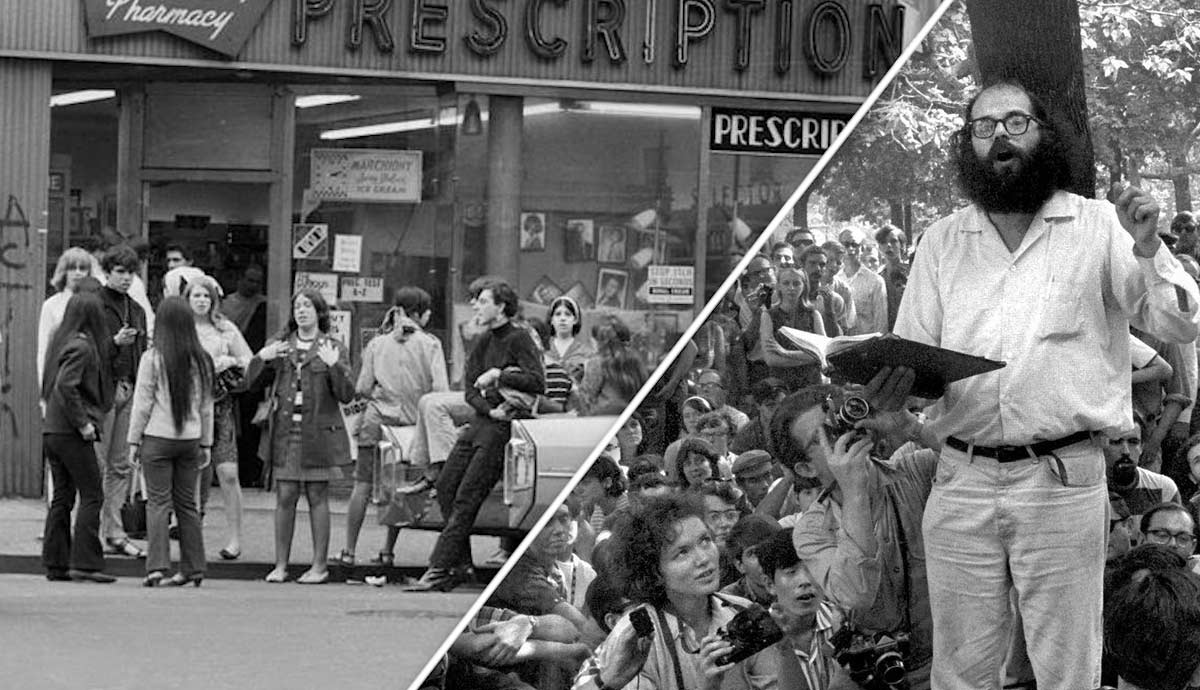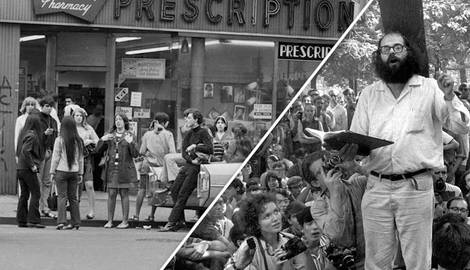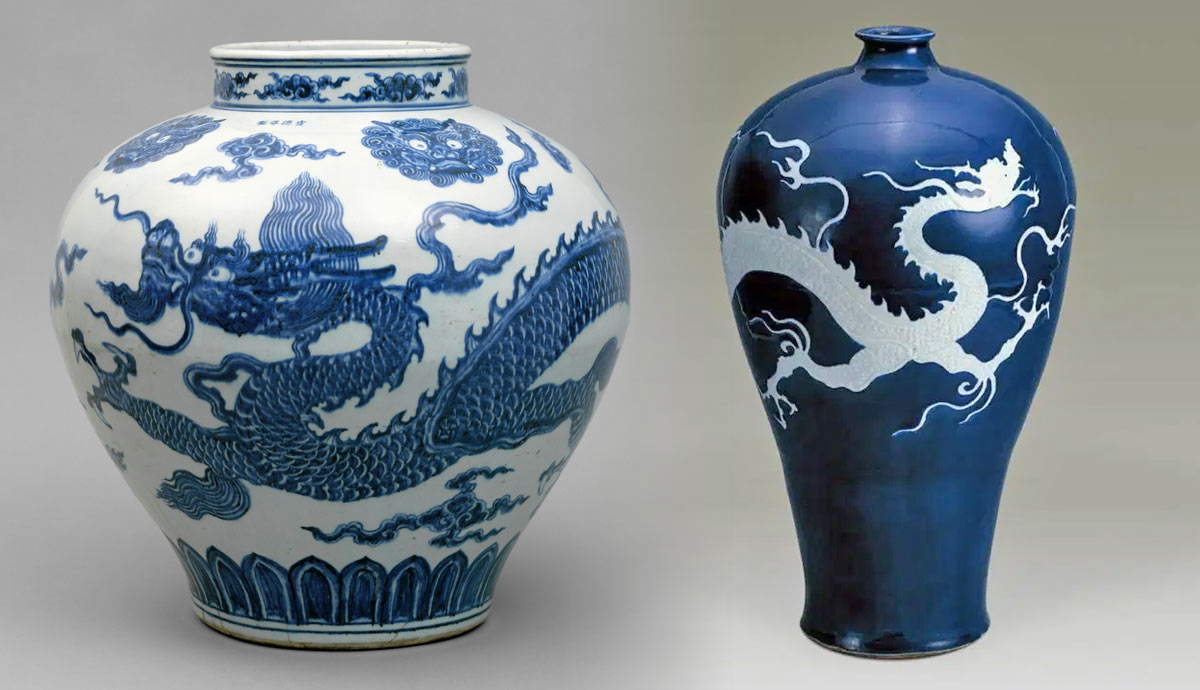
The Beat Generation emerged as a response to both the state of society in the USA in the late 1940s and 1950s and the Modernist values of writing. The members of the Beat Generation advocated for freedom of expression. They wanted to indulge in different experiences, spirituality, and drug experimentation. The most famous authors connected to the movement include Jack Kerouac, Allen Ginsberg, and William S. Burroughs.
The Beat Generation: Origins of the Name

The name Beat was coined by one of the fathers of this literary movement—Jack Kerouac. To be beat means to be exhausted, beaten down, and helpless in the American society that was becoming increasingly materialistic. Kerouac first used this term in regular conversations, however, it stuck and eventually became the name of the entire movement.
The name was fortified when John Clellon Holmes, author of the novel Go, published an article in The New York Times in 1952 titled This is the Beat Generation. While the term can certainly mean exhausted, there’s another meaning to it that also symbolizes the movement and what it stood for. It can refer to being left without any money and a place to stay.
This was a state of being that many Beat writers went through. For example, Jack Kerouac wrote about it in his famous novel On the Road. It was even glamorized as a path to spirituality and self-discovery. As Kerouac himself put it, “Everything belongs to me because I am poor.”
The third inspiration for the name came from the music that the Beat writers identified with the most—jazz. Authors like Allen Ginsberg disregarded what the Modernists established and instead opted for a form of writing that prioritized spontaneity and freedom of expression. The free flow of jazz seeped into the depths of Beat writing. A general nonchalance towards grammatical and structural rules, feeling over meaning, and generous use of vulgarities were the characteristics of the Beat writing.
Beats or Beatniks: The Difference

When hearing the name Beat Generation, many people think of another popular phenomenon from the same era called Beatniks. This term emerged in the 1950s.
Beatniks were followers of the new literary movement who adopted the Beat values and their style and tried to implement their philosophy into everyday life. They are generally thought of as predecessors to the hippies that would emerge in the following decade.
Faced with the consumerism and capitalism of 1950s America, the Beatniks chose to delve into literature, poetry, music, and the arts. They dressed in black clothes, berets, and sunglasses, and used what was then considered hip language. Words like dig, cool, and square were not part of the American lexicon yet, and thus they attracted curious looks.
The curiosity of society would however soon turn into exploitation. The term beatnik began to mean anything promoters and journalists threw at it. Being a Beat started being synonymous with being fun or cool, and it was used accordingly in advertisements.
Jack Kerouac, the father of the Beat Generation and the creator of the term, expressed his concerns over its meaning on multiple occasions. In Aftermath: The Philosophy of the Beat Generation, Kerouac wrote that in the vision he saw himself and his fellow members of the movement as “a generation of crazy, illuminated hipsters suddenly rising and roaming America.”
The Beat Generation and Spirituality

Kerouac, and indeed many of the Beat poets, felt a strong obligation to clarify who their generation was and what it stood for. Later on, Kerouac and Allen Ginsberg revealed another aspect of the meaning of the word. To them, beat also came from the word beatitude, as in transcendence. Among their opposition to the ideas and philosophies of the West, the Beats sought the spiritual teachings of the East and were fascinated with Buddhism. This spiritual awakening was also partially influenced by the Transcendentalism of the 19th century and its authors and poets. Walden by Henry David Thoreau also had a huge influence on the Beats. Thoreau preached a simple way of living that entailed rejecting consumerism and embracing spirituality. According to him, this was the pathway to spiritual enlightenment.
So where does the name Beat Generation really come from? As you can see, it comes from a variety of places and inspirations that ultimately came to define this literary movement. There’s the exhaustion and helplessness in the face of a materialistic America fresh out of World War II; being a vagabond with no home or material possessions constantly on the road; the rhythms and artistic freedom of jazz music that authors such as Kerouac spent many nights listening to in Harlem; and the pursuit of spiritual awakening and exploration of the beliefs of the East.








